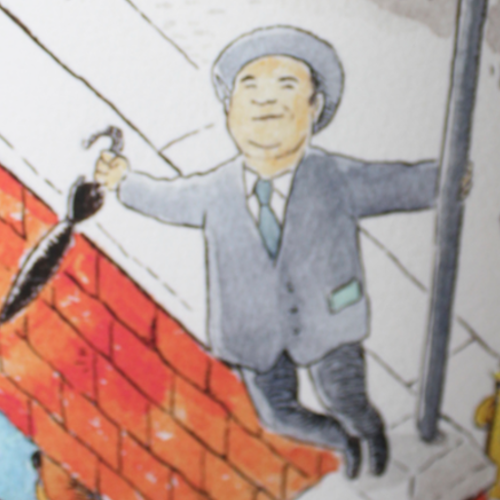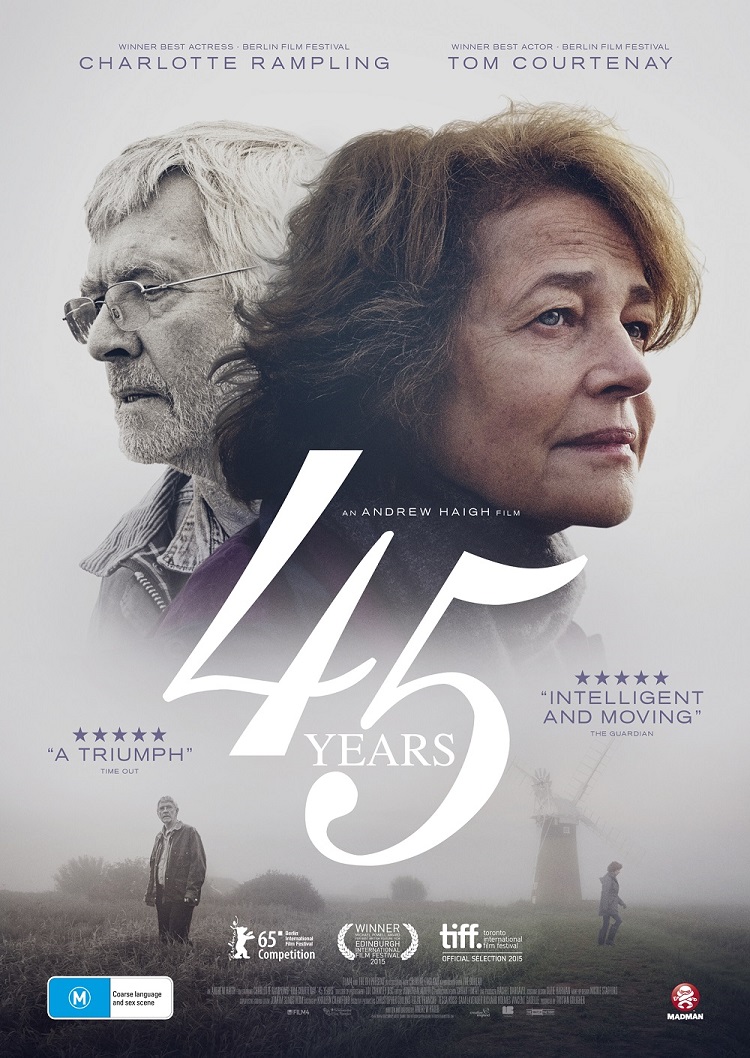
Image courtesy of history.com
I once wanted to change my name from Juancho Chu to Wittgenstein Walcher H. Rockefeller van Stausen Smith (sometimes Smyth) VIII. Thus reads the first sentence to “Potato Queen,” my novel that chronicles the relationship between Caucasians and Asians in San Francisco’s gay community of the 1990s. (http://www.rafsy.com/art-of-storytelling/the-reward-of-being-an-author-it-isnt-money/) Like many works of fiction, the novel contains elements of non-fiction. A writer’s key source of material is oneself, no matter how distant from the writer the characters and the setting portrayed might seem to the reader; the emotions splayed across every page are undeniably those of the author.
In my case, I really did want an Anglo appellation. At 11, I was the only Rafaelito in existence I was aware of, and who was I but a fat boy whose right pant pocket jingled with coins and whose left pocket contained a snot-smothered white handkerchief. As for my surname of Sy (pronounced C), it lacked flavor. Consisting of a mere two letters and a single syllable, Sy disappointed the tongue as an incomplete word in need of relish and glamour. Wittgenstein, on the contrary, was a name that evoked in my mind dandies and savants. Connected to surnames that could have been lifted from a Newport social registry, it gave a nobleman bearing to its owner, like Lionel Barrymore.

Image courtesy of wordpress.com
That was me, discontented with who I was, a dreamer who longed to soar as a blue bird over the rainbow to a land where Christmas is white and castles in the spring crown green mountains, there where I would stand leading man tall and handsome. Already then Hollywood fascinated me. Even though the family TV was black and white, I remember the American shows I would watch on them as having been in color. Many of America’s prime time best aired in the Philippines: “The Six Million Dollar Man,” “Fantasy Island,” “The Love Boat,” and “Little House on the Prairie.” Hollywood was my Oz, a realm that scintillates with a brick road golden yellow, a field of licorice red poppies, and spires in the horizon emerald green against an azure sky. That Oz could only be reached via tornado underscored its grandeur in contrast to the dullness of home.

Image courtesy of deviantart.net
When Farrah Fawcett made it big (http://www.rafsy.com/actors-models-directors/farrah-fawcett-the-kiss-of-providence/), I had transferred a year earlier to the International School Manila from La Salle, an all-boys Catholic institution. La Salle had provided a homogenous environment. We wore uniforms – beige shorts (or pants) and a patch, sown onto a white shirt pocket, that bore the La Salle insignia of an armor head atop a shield – and we were all Filipino. My new school exposed me to a faculty and student body of diverse nationals. Classes were co-educational, and we dressed according to our fancy with exception to flip-flops and torn garments. Just as Dorothy (Judy Garland) 30 minutes into “The Wizard of Oz” (1939) is no longer in Kansas, I was no longer in Manila. I had classmates who spoke of step-siblings and divorced parents, of two families and two homes. Their stories offered me the spice that the Scarecrow (Ray Bolger), the Cowardly Lion (Bert Lahr), and the Tin Man (Jack Haley) lavish onto Dorothy in their respective quest for a brain, courage, and a heart. A motley crew of friends in tow, Dorothy embarks on an adventure that would emblazon itself in the memories of moviegoers from now till kingdom come.
How boring I perceived myself in relation to my Western peers. I would fantasize that my parents feuded with each other, that my father had multiple wives, and that I shuttled from one domestic set up to another. I coveted stories of my own. Two years later, the film “Ordinary People” (1980) would heighten my fascination for Oz into an obsession. (http://www.rafsy.com/films-1960s-1990s/ordinary-people-extraordinary-lives/) “Ordinary People” ignited in my adolescence a spark towards a creative vocation, a burning to be extraordinary.
Someday I’ll wish upon a star and wake up where the clouds are far behind me, where troubles melt like lemon drops away above the chimney tops. That’s where you’ll find me. Somewhere over the rainbow, blue birds fly. Birds fly over the rainbow. Why, then, oh why can’t I?

Image courtesy of thumbs.dreamstime.com
Summer breaks allowed for my daydreams. My family and I spent them in the States. It wasn’t a vacation for me unless we boarded a plane that took us across the ocean, to a continent away from the familiarity of my own culture. The first stop every June was San Francisco. My father would report to the Bank of America headquarters, he having been employed there since the 1950s, initially as a clerk and then, towards the conclusion of his tenure, as a general manager to the bank’s Asian branches. Every day started and ended with the TV. I was hooked on shows that didn’t air in the Philippines, one being “The Brady Bunch,” my favorite. The Bradys might have been common folks to American viewers, but to me, they embodied the mystique of this country – swanky hotels, block-long shopping malls, and bubble gum.
Nothing about the United States has ever been small. Bank of America back then was the most reputable monetary conglomerate in the world. It was no coincidence that motion pictures were… and continue to be… the Star-Spangled Banner’s most profitable export. America is Hollywood. Hollywood is America. We Filipinos joke about our colonial history under Spain and the United States as “300 years in a convent and 50 years in Hollywood.” When MGM was a powerhouse studio, we founded our own movie industry patterned after that of the roaring lion, and the actors who graced the silver screen were themselves fair of skin, our locally groomed counterparts to Joan Crawford, Elizabeth Taylor, and James Dean. (http://www.rafsy.com/actors-models-directors/philippine-cinema-a-childhood-in-black-and-white/)
When I left the Philippines to continue my studies at Tufts University in Boston, my father asked if I intended to return after I graduated. “No,” I said. I was on the road to the plan I had laid out and there was no turning back. I envisioned a penthouse that overlooked Central Park, my wardrobe a collection of Gucci, Versace, and Armani on racks in a walk-in closet. The more foreign to my upbringing the lifestyle I adapted, the better. I had developed an American twang at the International School Manila. Now I needed to transform the exterior. First stop once I got to Boston: the gym. To be American called for a jock physique. And then I enrolled in a creative writing course.

Image courtesy of nolimitsendurance.com
I hit a wall. During my sophomore year in high school, I had gotten an A on a story about a woman named Christina Wellesley, an aristocratic Brit who embarks on an adulterous romance with a military officer. Together they horse ride on a flower-speckled field and rendezvous in the shadow of a moonlit tree. I was 15. Thank goodness the mind at that phase in life matures exponentially so that by time I was 18, I realized the folly of creating a tale populated by characters I had no clue about and who occupied a world as alien to me as Kathmandu. What to write? I thought of an essay a friend, Michael, in a composition course our senior year had submitted. The teacher had read it in front of class. The piece, about a boy Michael knew back in Korea who had died, guided us listeners en route from Michael’s house to the boy’s and regaled us with both descriptive details and dialogue, the key ingredients to a story. So that was it. I didn’t need to search far for material, I realized. The material already existed in me, in my memories.
Through the years, as the distance between the disgruntled youth that I was and myself lengthened, home perched itself in my thoughts in a flurry of gold and sparkles. I am fortunate today to have the opportunity to spend Christmases with my family in Manila. However, the city of my past is quickly disappearing. Sky-scrapers, condos, and shopping malls rise with the rapaciousness of a forest fire, eradicating trees and grass, sparing no open space. Starbucks is now as ubiquitous as cell phones, and the six cinema complexes in the entire metropolis screen the same selection of Hollywood big budget features. Although Americanization has been synonymous to progress ever since the Thomasite missionaries at the turn of the 20th century elevated literacy among Filipinos by 90%, it was never done with such urgency.
“Slow down, world,” I want to scream. I yearn to turn back the clock so that I could hold all the things I grew up with that I took for granted – Nena’s hand after a day of her cooking, Tita Zennie’s icicle candies, the lizard I trapped underneath a plastic bowl, a narra tree and white sand and Toby the turtle. But I can only click my heels and wish.
Image courtesy of tse1.mm.bing.net















%204.jpg)
